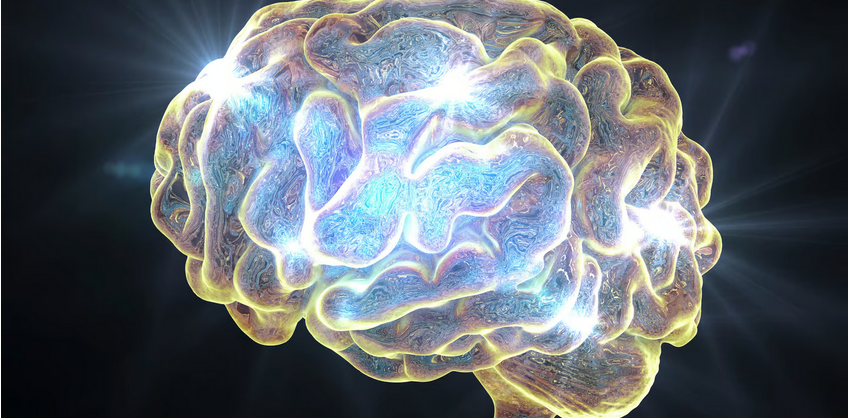Researchers have mapped the whole brain of mice, revealing how regular ketamine use produces divergent changes in specific areas of the brain responsible for producing the ‘feel-good’ neurotransmitter, dopamine. The discovery could have significant implications for the treatment of mental illness.
Because of its illicit use as a party drug, ketamine has had a bad rap for a while. But its reputation has been rehabilitated somewhat, with recent studies suggesting that the drug is an effective treatment for people with depression, especially those with a treatment-resistant form of the condition.
Many of these studies have looked at how a single dose of ketamine can be beneficial for mental health. Now, using high-resolution whole-brain mapping on mice, new research by Columbia University has revealed how repeated ketamine use over extended periods affects the brain’s dopamine system.
Continue here: New Atlas





































